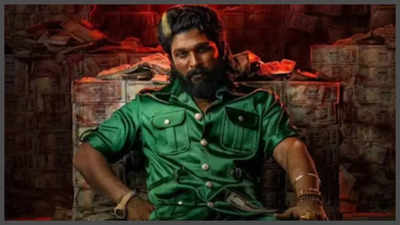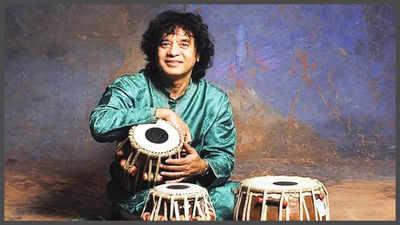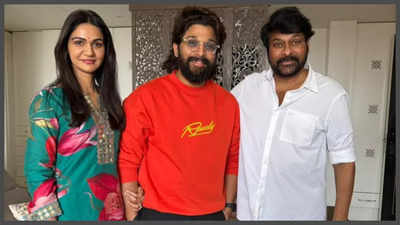It ain’t a December without the Game Awards, Geoff Keighley’s annual trailer showcase and occasional awards ceremony celebrating the year’s biggest games. More than previous years, this year’s nominees for the top Game of the Year prize were diverse mix of heavy hitters like Final Fantasy VII Rebirth and Metaphor: ReFantasia and surprise darlings Balatro and Black Myth Wukong. And the winner turned out to be…Astro Bot, the PlayStation 5 exclusive platformer from Team Asobi.
We’ve had the Game Awards for a decade now, and it’s got a bit of a type when it comes to its GOTY choices: previous games like Witcher 3, God of War’s 2018 reboot, and Baldur’s Gate 3 were these fantastical or mature titles, and Astro Bot is a game geared toward families about a cute robot with a big head exploring worlds and making friends with cute Funko-sized versions of PlayStation characters. It’s a very good game, but its win was definitely surprising, especially when Balatro had taken over the world for months and Metaphor was also taking off in its own way. Now that the dust has settled, the question on folks’ minds is what it means for a platformer to win a top award in what’s a big, mainstream awards ceremony for the medium.

The immediate next step is almost surely going to be a sequel of some kind; Team Asobi’s currently putting out free post-launch levels for Astro Bot, which has sold 1.5 million copies as of this past November. No doubt Sony’s going to let Asobi cook, and whenever the next game’s revealed, I hope the Astro series takes its first step toward forging its own identity. Both Bot and its predecessor Astro’s Playroom (which came pre-installed onto launch PS5s) have been sightseeing tours of PlayStation’s past. It’s very fun to see tiny, big-headed versions of childhood mascots, but the constant winking can wear thin kind of fast, and highlights how the series has nothing else going for it beyond references and its awesome gameplay mechanics. An argument can made it doesn’t need anything more, but having a unique personality is what’s helped other platformers endure. Of the big three publishers, Nintendo’s really the only one to fully realize that, and it’s why Mario can maintain such a general consistency, even when the character (and Luigi) do platformers while bouncing between a dozen other genres at any given moment. So if Sony wants a Mario of their own, that’ll mean figuring out who Astro is beyond a blank slate wearing the skin of its old series.
Speaking of franchises, one of the other big surprises at the Game Awards came from Capcom, which revealed it was developing new games for the Eyes and Onimusha franchises. The Resident Evil studio’s had a really good streak of releases lately, and recently stated the two projects are part of a larger effort to revitalize series it previously shelved. You have to imagine Sony’s looking at that alongside Astro Bottoo—a lot of PlayStation franchises get some love in that game, and fans have been hoping for years some of them get dusted off. Many have also hoped the collapse of Concord alongside Astro’s success has provided a wakeup call for Sony to focus on making smaller, more diverse games instead of putting their eggs in the cinematic, triple-A basket. It’s been a problem within the industry for years, particularly for PlayStation’s first-party teams, and not recognizing that problem sooner is how it wound up laying off over 1,000 developers this year and canceling several projects.
It’s a shame PlayStation’s devotion to blockbusters led to the erosion of the double-A genre, because it’s where many of their older franchises would likely work best nowadays. (See also: Ubisoft’s pretty good Prince of Persia: Lost Crown from earlier this year.) Lately, I’ve been replaying Sly 2: Band of Thieves after it was ported to the PS5, and doing a first-time Resistance 2 playthrough via cloud streaming. Both feel just right for their individual eras, and it’s easy to imagine their respective series could have a place in the current PlayStation pantheon if they were allowed to just be without massive expectations thrust upon them. Sly could easily fill the niche for stylish, personality-filled games in the wake of last year’s hi-fi rush, and Resistance or Killzone could be a good system-exclusive shooter—last year, Sony tried to stop Microsoft from buying Activision Blizzard by arguing Call of Duty was too valuable, and that no other shooter could hope to top it. Ideally, neither would have to aim for such lofty heights, but serving as PlayStation’s answer to Halo, which itself is about to undergo a second or third revamp, would be appreciated. As it stands, any hopes for mid-size, non-Nintendo games with brand recognition now kind of fall squarely on Astro’s tiny, delicate shoulders.

Team Asobi’s not expected to use Astro Bot to fix everything wrong with triple-A games overnight, it just has the unfortunate luck of arriving as the industry’s reckoning with several years worth of calculated risks not paying off as expected. Making a healthier industry will take time, and its impact will be felt sooner or later, even if it’s just in its own sequel or an indie game that hopes to capture some of its unbridled, non-corporate spirit.
Or failing that, PlayStation could stand to dial back on the remasters and remakes and just please put more of its older first-party titles on PC or natively on the PlayStation 5.
Want more io9 news? Check out when to expect the latest Marvel, Star Wars, and Star Trek releases, what’s next for the DC Universe on film and TV, and everything you need to know about the future of Doctor Who.


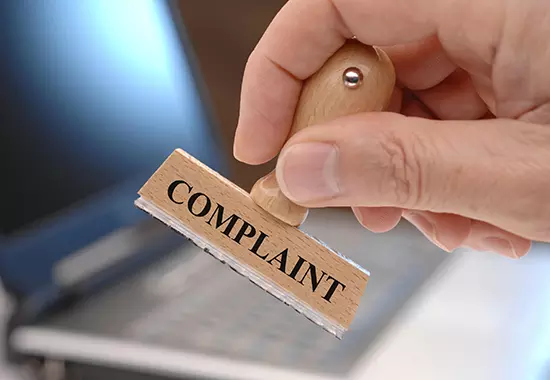







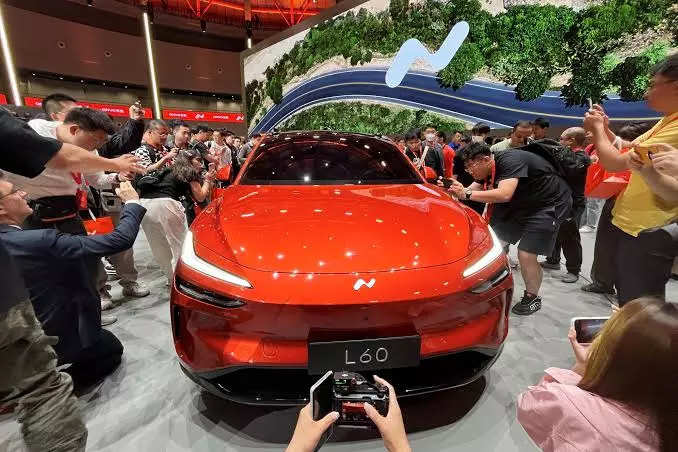

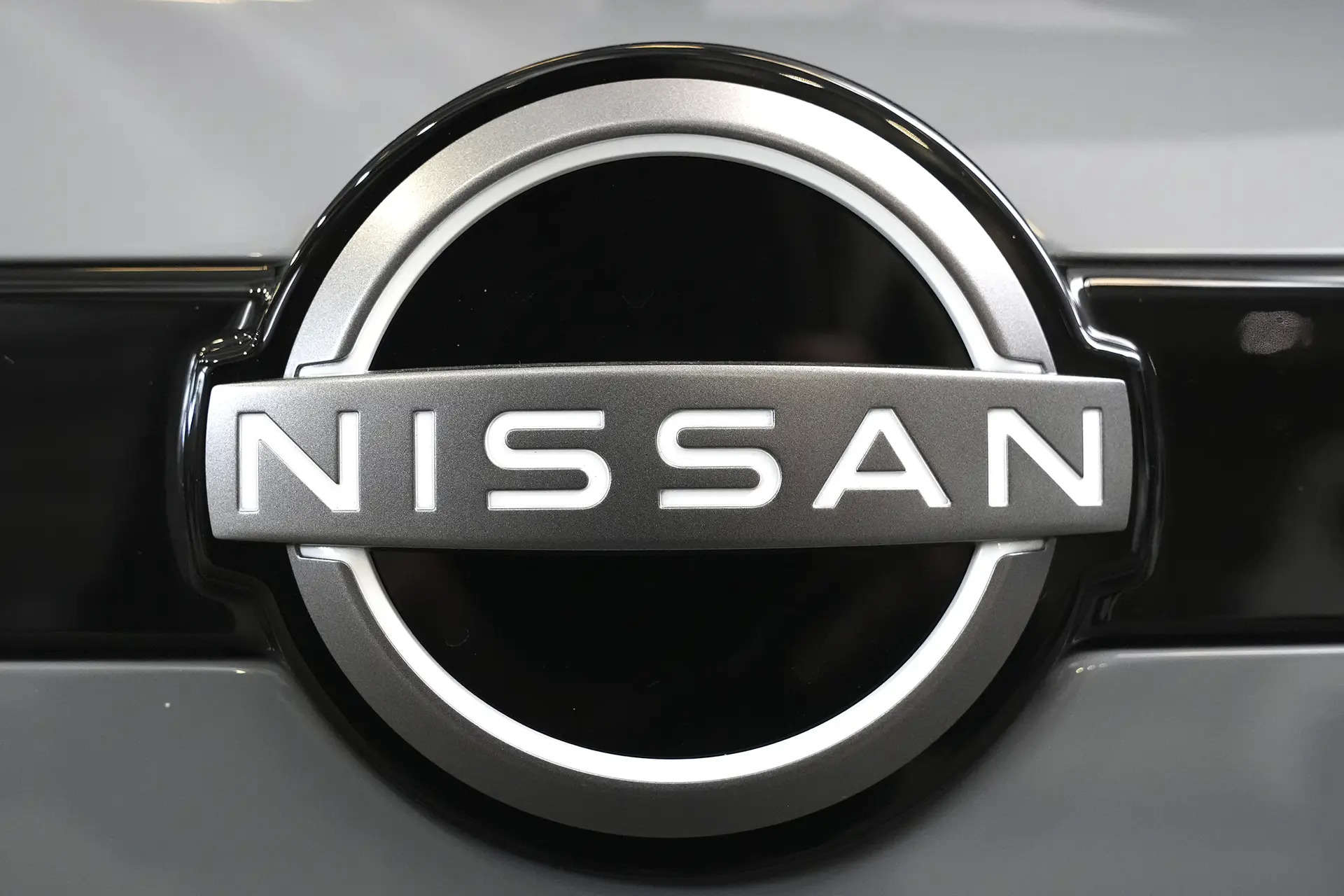



.jpg&c=0&w=700)










